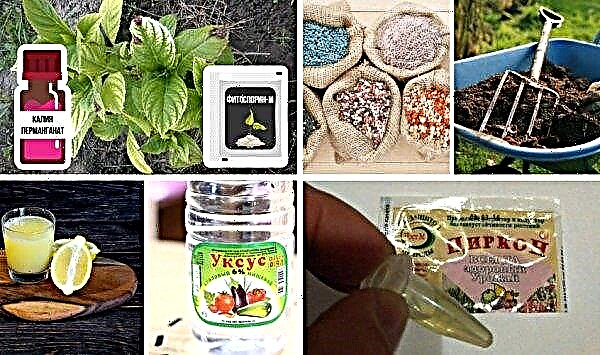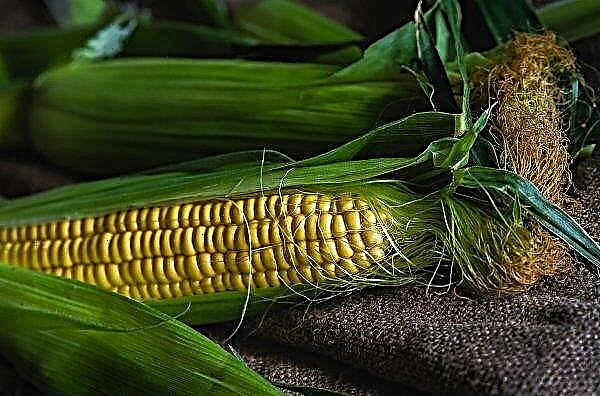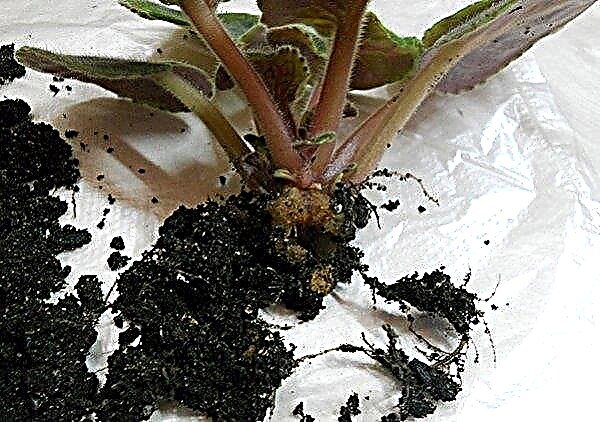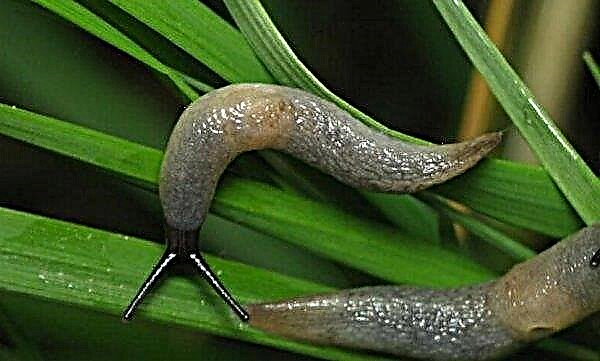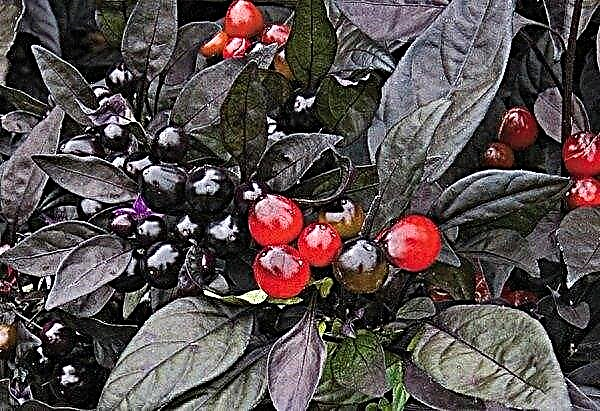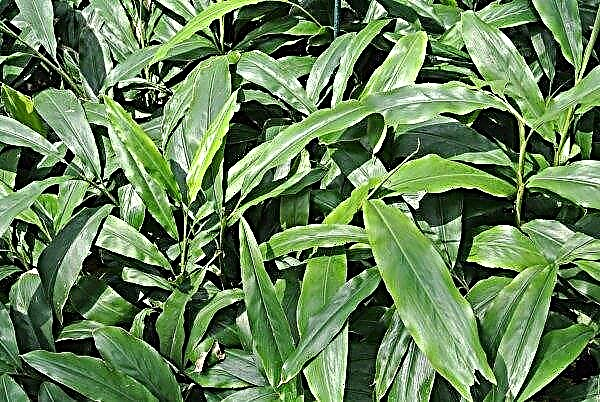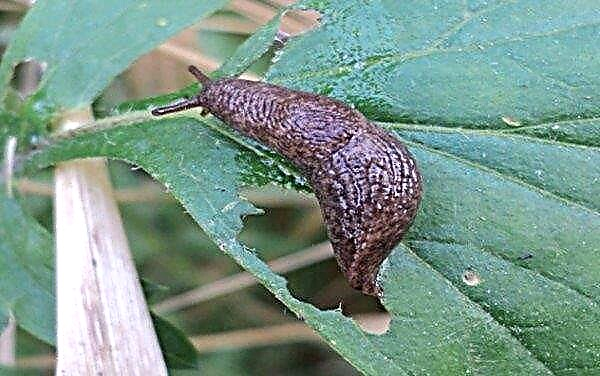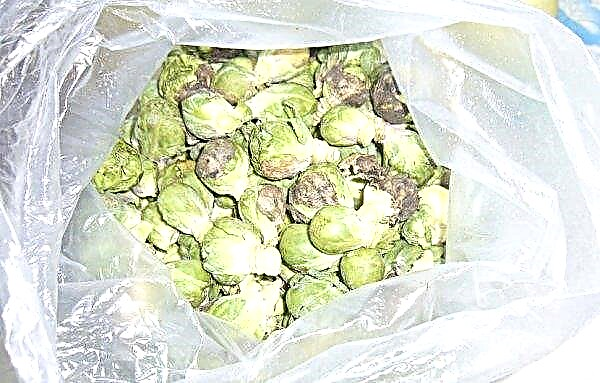The outgoing year has become incredibly unprofitable for Monsanto in terms of compensation to farmers who have suffered from their products. dollars of compensation to a person who claimed that Roundup herbicide became the cause of his cancer. What do gardeners need to know about herbicides and how to escape from their negative effects?
What is the danger of the herbicide for plants and the environment?
The famous Monsanto Roundup herbicide was created back in the 1970s, when the issue of genetically modified plants was extremely acute in the world community. Soil herbicides must be worked on in fields where predominantly annual weeds are common.
Soil herbicides must be worked on in fields where predominantly annual weeds are common.
To reduce the influence of weeds on the yield, a glyphosate-based herbicide was invented, which became one of the most famous products that was invented by American scientists. Under conditions of different soils, it must be taken into account that after spraying, the concentration and preservation of the herbicides in the soil depends on the pH of the soil and the properties of the herbicide itself.
Under conditions of different soils, it must be taken into account that after spraying, the concentration and preservation of the herbicides in the soil depends on the pH of the soil and the properties of the herbicide itself.
The herbicide has an external effect on the weed, subsequently hitting it from the inside. An interesting fact is that in the end, at this place where the weed was, they no longer grow. The manufacturer, choosing the technology of tillage, must take into account that the abundance of plant debris shields the surface of the field and reduces the effectiveness of the use of soil preparations.
The manufacturer, choosing the technology of tillage, must take into account that the abundance of plant debris shields the surface of the field and reduces the effectiveness of the use of soil preparations.
But did you know that there are about 252 weeds on the planet that are not afraid of pesticides, and over the 50 years of the existence of herbicides, about 90 species of weeds have appeared that have developed resistance to several types of chemical attack at once? It must be remembered that the integrity of the herbicide screen is interrupted by row spacings and additional passes of equipment.
It must be remembered that the integrity of the herbicide screen is interrupted by row spacings and additional passes of equipment.
Such a reaction, “from the side of weeds,” is very logical. After all, having changed their gene code with the course of evolution and surrounding factors, they are trying to preserve the existence of their species on earth. But can such rapid changes be considered useful to humans?
What danger does a person face?
Opponents of the use of pesticides in agriculture argue that the main danger of glyphosate is its effect on human health, its genetic code. For better hydration and application of an effective dose of the herbicide, fine spraying is used using nozzles with design features.
For better hydration and application of an effective dose of the herbicide, fine spraying is used using nozzles with design features.
According to them, pesticides increase the risk of cancer, especially for gardeners who come in contact with a hazardous substance.
 Roundup was developed in the 1970s by the American company Monsanto for weed control.
Roundup was developed in the 1970s by the American company Monsanto for weed control.
Although, the statement about whether glyphosate can cause cancer is quite controversial. The herbicide is an aqueous solution of glyphosate - an organic compound based on phosphorus, surfactants and other additives.
The herbicide is an aqueous solution of glyphosate - an organic compound based on phosphorus, surfactants and other additives.
But behind the data of the WHO and FAO, which conducted studies on this subject, they came to the decision that pesticides are unlikely to be carcinogens if taken as food. A third of ponds, lakes, and swamps in the United States are contaminated with herbicide, although the concentration is much lower than the MPC.
A third of ponds, lakes, and swamps in the United States are contaminated with herbicide, although the concentration is much lower than the MPC.
At the same time, the International Agency for Research on Cancer (MAP) states that there is “some evidence” that the herbicide has a direct relationship between the occurrence of Non-Hodgkin lymphomas.
Is there an alternative to glyphosate?
Herbicides are a real breakthrough in increasing the number of crops and creating plants that will be less susceptible to the negative effects of weeds. Glyphosate molecules, entering the plant, penetrate the cells and block the shikimate pathway - a chain of biochemical reactions that synthesize vital substances.
Glyphosate molecules, entering the plant, penetrate the cells and block the shikimate pathway - a chain of biochemical reactions that synthesize vital substances.
But if the “cleanliness” of the crop, its environmentally friendly component, is important for you, then you will have to bother with how to reduce the number of weeds by mechanical methods. Germany from the end of 2023 will ban the glyphosate-based herbicide.
Germany from the end of 2023 will ban the glyphosate-based herbicide.
The good old glanders and the restriction of light will help you with this, because of which weeds grow.
If you resort to the use of herbicides, then the most important rule will be rational and responsible use, which will not lead to negative consequences for the environment, not for health.

